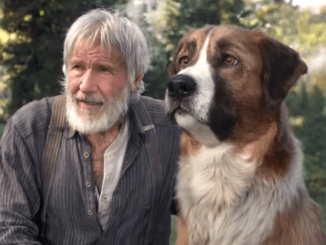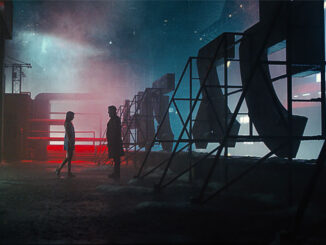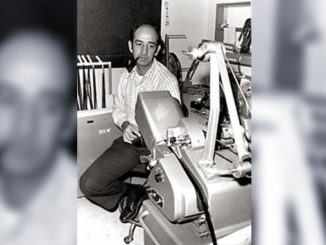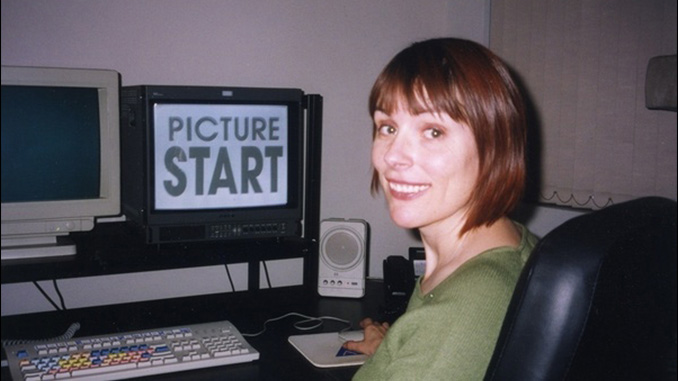
by Scott Essman
Five years ago, when Alex Mackie came to the U.S. from England and joined Local 700 to edit Danny Cannon’s Judge Dredd, she probably had no idea what career trails she was blazing. ” Dredd had been shot in Shepperton Studios, in England,”she noted. “When we got to Los Angeles, I really liked it so much, I decided to stay. I was lucky enough to get an agent and make that work.”
Other successes followed, then another project, scheduled to be shot and edited in England, came to her attention. She was contacted by British producer Garth Thomas who recommended her to Ridley Scott. “They sent me ’round this script and I thought it was wonderful,” Mackie recalled. “I met the director, Ben Ross, and executive producer Diane Minter Lewis, and got offered the job of editing R.K.O 281.”
Based on the legend of Citizen Kane, widely acknowledged as the greatest American film ever made, R.K.O 281 was shot on location and at Shepperton Studios in Mackie’s English homeland. After production and the director’s cut, the film returned to Los Angeles for final editing. All sound mixing and music recording was then completed in England.
Before production began, Mackie met several times with the director to discuss the powerful personalities at the core of R.K.O 281‘s story. “We discussed how the characters of William Randolph Hearst (James Cromwell) and Orson Welles (Liev Schreiber) had similar egos, and how we weren’t sympathizing with one or the other specifically. Whereas one might expect to vilify Hearst, this film didn’t.”
Through parallel stories, R.K.O 281 examines the relationship between Welles and Citizen Kane‘s screenwriter Herman Mankiewicz (John Malkovich) as well as the legend behind the making of the film. “It was very exciting filmic material because Ben would shoot quite bravely,” she said. “Rather than just relying on close-ups, he’d shoot wide. It doesn’t mean you only have one way to cut it because there are still a hundred ways to cut things. But he would go for the shot, which reminded me, in style, of an old 1940s movie. Many new films shoot very close, but with this project, it didn’t seem appropriate.”
“I like directors that shoot lots of coverage because as an editor you can then have more fun and be more creative.” – Alex Mackie
For Mackie, of primary importance in her work on R.K.O 281 was that she retain her own voice. “I love Citizen Kane, but I didn’t reference its cutting style at all,” she explained. “Both Kane and R.K.O 281 obviously open with a newsreel, but it’s much slower than ours as we were trying to be a bit more modern. One actual reference point was the beginning of Samuel Peckinpah’s film, Cross of Iron, which starts off with a great visual montage with titles over.”
Screenwriter John Logan based his script in part on a PBS documentary, The Battle over Citizen Kane, which details the film’s real life exploits at the hands of a displeased Hearst. At the outset of the first sequence, Welles is preparing to have dinner at Hearst’s Castle in San Simeon. The scene, which builds to a confrontation between the two strong personalities, admittedly did not take place. “Dramatically, it works really well,” said Mackie. “One can have a lot of artistic license with these story elements, because otherwise you’re just making a documentary.”
Other scenes depict the manner in which 25-year-old novice director Welles and his crew filmed Citizen Kane. “Some of the filmmaking scenes, have come down quite a lot,” Mackie said. “There’s been a lot of tightening, but I think we stayed pretty faithful to John Logan’s script in terms of the parallel stories of Welles and Hearst.”
The production was shooting 6-day weeks so Mackie and Ross could only meet on Mondays, Ross’ lone day off. “The negative was telecined to Beta, and we would watch video dailies,” she explained. “Ben had his own copies of the dailies from the lab. At the end of shooting, I had a week to complete my cut, and then we had four weeks to Ben’s cut. After that, we did a little temp mix, then took Ben’s cut to Los Angeles to show the producers.”
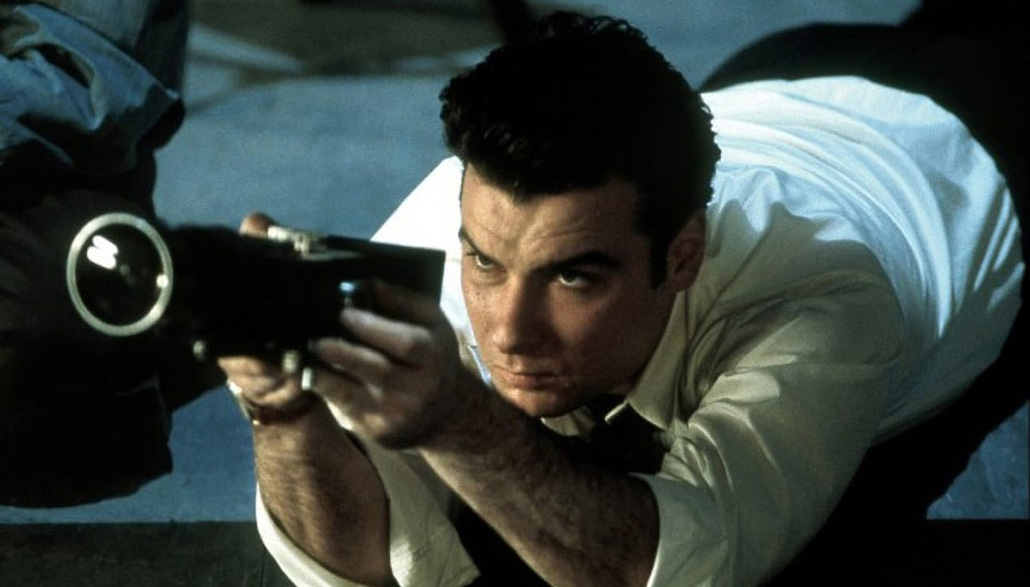
Back in the States, Mackie continued cutting for another eight weeks. “We were trying out different ideas that HBO wanted,” she remembered. “Colin Callender from HBO and executive producer Ridley Scott were also involved at this point.” In one scene a group of Hollywood brass meet to determine the fate of Citizen Kane, which Hearst demanded they completely destroy. “There was a view that we should play the scene as shot,” Mackie stated. “Louis B. Mayer introduces the people around the table, saying, ‘Mr. Disney, Mr. Goldwyn, thank you for coming,’ but we took that out. And it’s much better now in the finished film, where you gradually discover the identities of the powerful people at that meeting.”
In the summer of 1999, Mackie locked the film, which aired on HBO in October. It will be available on DVD and VHS on April 25. R.K.O 281 won a Golden Globe for Best Motion Picture made for television and Mackie has also been nominated for an ACE Eddy Award for her work. But she was quick to acknowlege the contributions of her collaborators. “I like directors that shoot lots of coverage because as an editor you can then have more fun and be more creative,” she noted. “You’re not just cutting it the way it was intended to be cut. However, I still want a director to have vision; otherwise you could be searching forever to try and find the right combination.”
Currently finishing off a film called Thin Air, Mackie-who is married to editor David Gamble-describes her work with evident passion. “Rather than intellectualizing about the cuts too much,” she said, “I just try and trust my instincts and do what I feel is best and from the heart.”


